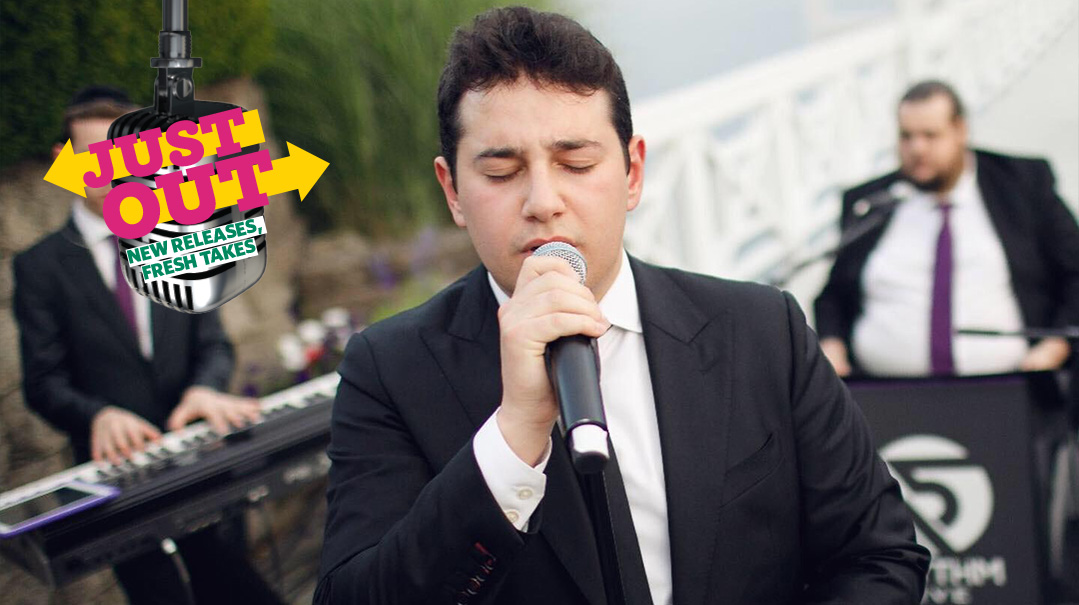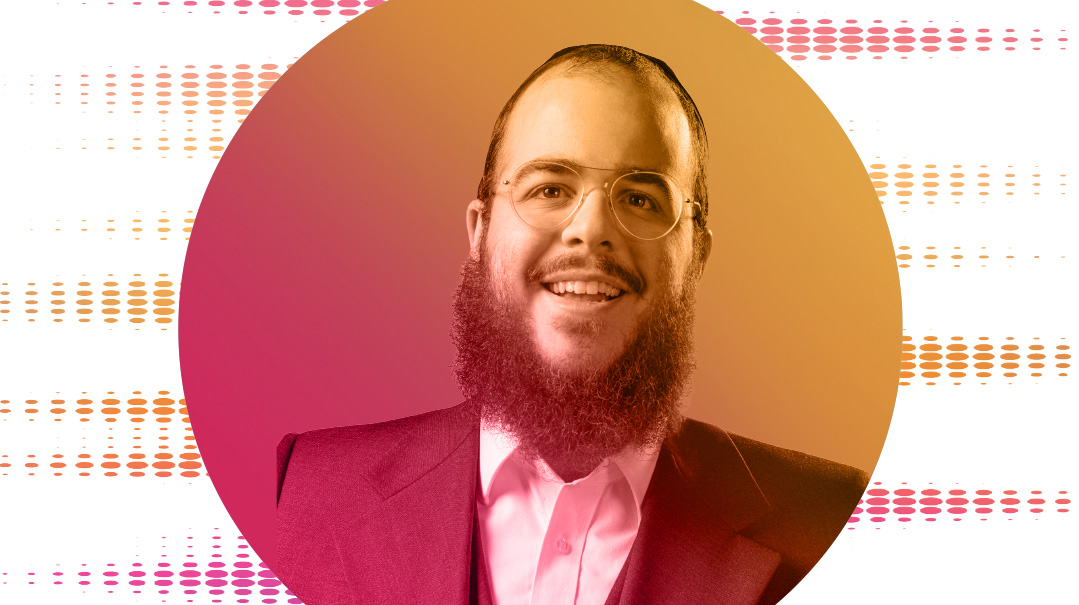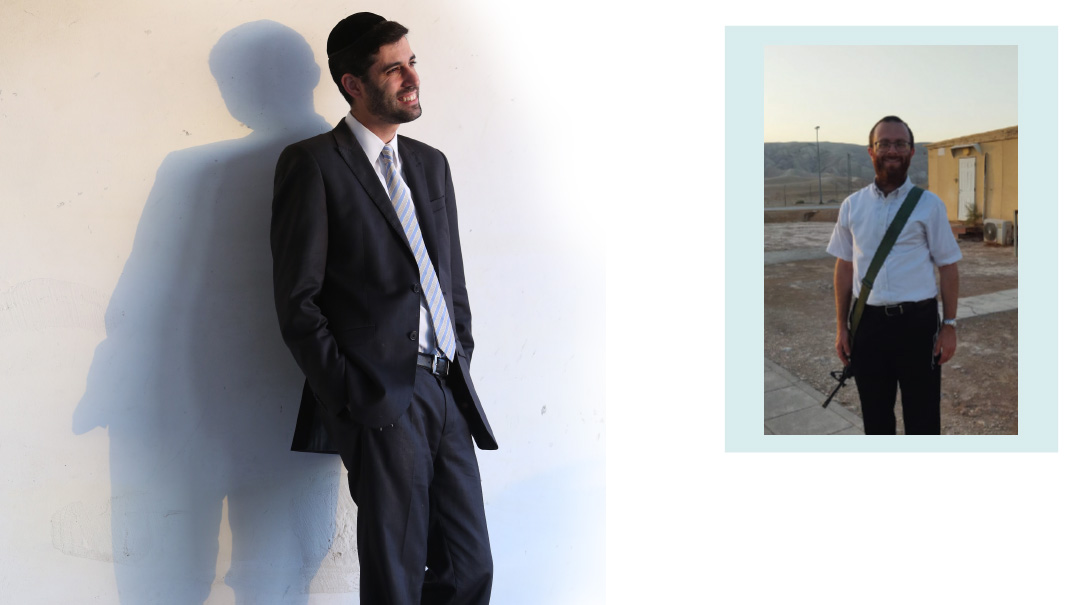Just Out: Nothing Divides Us
| November 29, 2022“After the tragedy, one thing that struck me was how powerful Meron is as a unifying force”

Popular simchah singer Moshe Tischler has dedicated the song “Unity,” the title track on his newly-released second album, UNITY, to Elazar Yitzchak (Azi) Koltai a”h, a bar mitzvah bochur from Har Nof who lost his life in Meron on Lag B’Omer, and whose older brother is a good friend of Tischler.
“After the tragedy, one thing that struck me was how powerful Meron is as a unifying force,” says Tischler. “People from such varied backgrounds and different lifestyles come there to daven and to celebrate the unique power of Lag B’Omer and Rabi Shimon Bar Yochai, joining hands and singing and dancing together in one circle. And that was Azi — he was an amazing kid who always made people feel comfortable, no matter who they were.”
The song’s lyrics describe the loneliness of trying to make music alone, but it’s really a metaphor for the joy of collaboration which enables us to transcend obstacles: “So my brother won’t you come sing with me / Let your heart ring with me / Lose our cares in melody / We’ll rise above on the wings of song / Where nothing divides us anymore.”
The first track, called “Achdus,” on a similar theme, was a last-second addition to the album. Tischler came up with the concept of building a song around the popular camp chant “Alef-ches-daled-vav-sav…” Combined with Chayale Neuhaus’s Hebrew lyrics, “Hinei mah tov, hinei mah na’im, kol Yisrael areivim, kol Yisrael chaveirim…,” the song shines as a fast, upbeat reminder that we’re all brothers.
Another creative slant on the “unity” theme is the song “Betzais,” with Miriam Israeli’s Hebrew lyrics following the miraculous journey of Klal Yisrael from leaving Mitzrayim to saying “naaseh v’nishma” at Matan Torah — also, as we know, in total unity. It was originally composed as a slow, reflective ballad, but Tischler and Yitzy Waldner re-imagined it as a faster song, and the outcome is refreshing.
Before the release of Tischler’s first album, Modeh Ani, he visited veteran composer Yossi Green in Seagate, hoping to acquire a song. Yossi played him a moving composition to Moshe Rabbeinu’s supplication to Hashem, “Ve’atah… hodieini nah es derachecha,” but at the time it felt too intense. This time, back around Yossi’s piano with his producer Mendy Hershkowitz, Tischler asked him, “What about ‘Ve’atah’?” When he heard it again, it just clicked, and was a sure pick for this second album.
(Originally featured in Mishpacha, Issue 938)
Oops! We could not locate your form.







